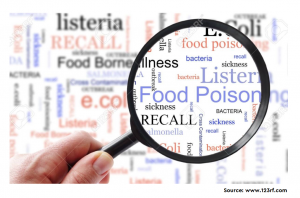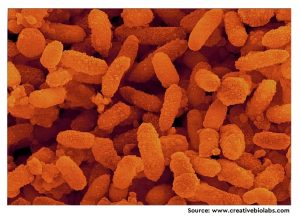The unavoidable development of antibiotic resistance as a result of the use of antimicrobials is a major concern for human health. It is widely acknowledged that non-lethal antibiotic concentrations have accelerated the development and HGT process of antibiotic resistance. Compared to antibiotics, commonly prescribed non-antibiotic medications like antidepressants are also consumed in large amounts worldwide, and prescriptions for them are rising during COVID-19. Antidepressants are becoming more popular around the world. Antidepressants are frequently exposed to human gut microbial communities, but little is known about the interaction between antidepressants and antibiotic resistance.
The author wanted to see if antidepressants could hasten the spread of antibiotic resistance by increasing the rate of horizontal transfer of antibiotic resistance genes (ARGs). The results showed that at clinically relevant concentrations, some commonly prescribed antidepressants (Duloxetine, Sertraline, Fluoxetine, and Bupropion) can significantly promote the transformation of extracellular ARGs into Acinetobacter baylyi ADP1, which is primarily associated with the overproduction of reactive oxygen species.
The study concluded that antidepressant drugs can significantly promote horizontal gene transfer via transformation, which is linked to antidepressant-induced ROS overgeneration, membrane damage, SOS, and stress response. The findings provide molecular insights into the antibiotic-like properties of antidepressants and recommend that the risk of antibiotic resistance associated with antidepressant therapies and environmental release be assessed further.
To know more, please visit the website of Nature (Link).







